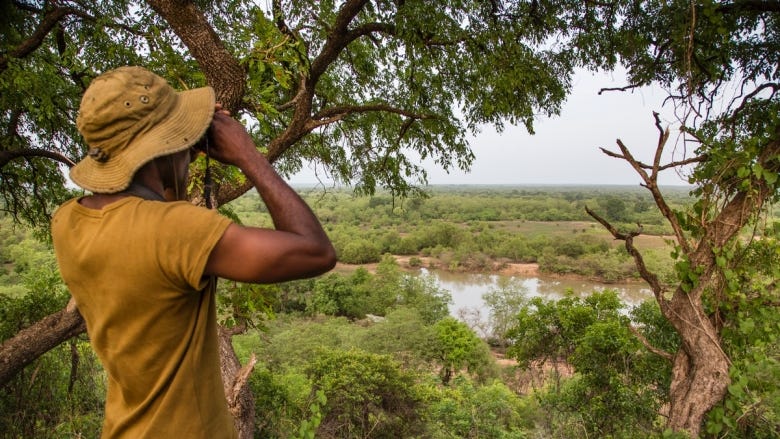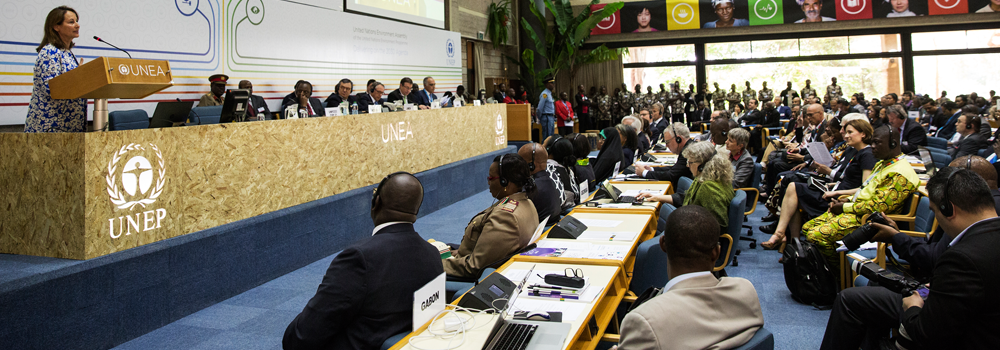
Tourism: Its Impact and its Future
Sarah Schuette February 24, 2021
Advancements in traveling-focused technology and growing interests in varying cultures have caused tourism to become a treasured activity for many individuals. Traveling across a nation or overseas to witness the natural and unnatural wonders of other regions is often equated to a modern day vacation. This perspective has both benefits and consequences for the environment. Tourism is a great way to encourage people to appreciate aspects of life outside of the familiar. However, the toxic chemicals released by traveling vehicles and the events and activities associated with tourism also has immense consequences for the environment. The reduction in tourism in the last year due to the COVID pandemic has provided the world an unexpected opportunity to reevaluate the tourism sector’s potential for improved sustainability. To prevent the continued deterioration of our environment, it is one that should be acted on immediately.
By definition, tourism is associated with vacationing. Therefore, it is held accountable for all of the environmentally-harmful events and actions that often come with vacations. Examples include purchasing more food from restaurants, which adds to food waste, playing golf at golf courses, which contributes to the enormous amounts of water used for course maintenance, and traveling in airplanes and cars for long distances, which pollutes the air with toxic chemicals and greenhouse gases (“ENVIRONMENTAL IMPACTS OF). The environmental costs of traveling are notably the most impactful, currently producing 75% of all tourism-related emissions, and predicted to produce 2000 million tons of greenhouse gases worldwide by 2030 (Von Der Ropp…). Tourism also has a direct impact on the ecosystems of places people visit. The construction and development of tourism facilities such as hotels and even nature centers can lead to the destruction of natural habitats and scenery. Littering in all populated locations poses a danger to the surrounding soil and animals. Even activities that supposedly show an appreciation of nature such as hiking through a forest or snorkeling can bring stress to the plants and animals residing there (“ENVIRONMENTAL IMPACTS OF).

Andrea Borgarello for TerrAfrica / World Bank
Although, tourism can have a positive impact on the environment as well. The tourism sector reportedly accounted for 330 million jobs in 2019, and the money invested by customers into businesses protecting popular nature reserves can provide financial support for environmental regulations and park maintenance (“Coronavirus Is a). For tourists visiting nature reserves, the beautiful views can make people feel more connected to the nature around them, raising awareness and encouraging sympathy for environmental efforts. Furthermore, popular environmental tourist locations such as national parks are renowned for their stunning natural attributes, and are therefore heavily monitored and protected from ignorant human actions such as littering (“ENVIRONMENTAL IMPACTS OF…).
Recognizing that tourism can encourage environmental appreciation and awareness and can provide national economic support, national and global organizations are discussing ways to improve the sustainability of the tourism sector without reducing its accessibility entirely. Mark Radka, the Chief of the Energy and Climate Branch within the United Nations Environmental Programme (UNEP), claims the COVID pandemic has presented an opportunity “to build back greener and opt for low-carbon measures that protect nature and biodiversity while maintaining the economic benefits that the multi-million dollar tourism industry brings to local communities around the world” (“Coronavirus Is a). On November 9, 2020, the UNEP hosted a meeting titled “Transforming Tourism for a resilient and sustainable post-COVID world”, in which a six-point plan for sustainability was established. Once the restrictions held in place by the pandemic are rescinded, the organization aims to build “more resilient communities and businesses through innovation, digitalization, circularity, sustainable finance, sustainability and partnerships” (“Coronavirus Is a). In hotels and at public events, this would include choosing reusable materials over single-use plastics to decrease waste pollution. Digital technology can be expanded to include more of the online tours and experiences from around the world that have already become increasingly popular during the pandemic. A project known as Transforming Value Chains is also being developed with goals of improving the efficiency in which food, services, and air conditioners are used and produced in the Philippines, the Dominican Republic, Mauritius, and St. Lucia, where tourism plays a major role in the economy (“Coronavirus Is a).

UNEP Meeting
At a national level, the United States World Tourism Organization (USWTO) created their own six-point plan for improving the eco-friendliness of tourism in the summer of 2020. Their plan highlights public health, social inclusion, biodiversity conservation, climate action, circular economy, and governance and finance as the organization’s major focuses of upcoming action (Von Der Ropp…). In particular, the USWTO is looking to capitalize on society’s increased dependency on technology during the pandemic. The development of technologies capable of reliably monitoring and reporting toxic emissions could be used to not only track emission rates, but allow for the determination of concrete and quantifiable sustainability goals (Von Der Ropp…). Low-carbon transportation and sustainable infrastructure could significantly reduce the impact of tourism facilities on their local communities. Finally, technologies that focus on increasing the efficiency of the use of water, energy, and other resources could effectively reduce human exploitation of the land they travel to for their vacations.
Many aspects of tourism including methods of transportation, community development, and activities such as hiking and snorkeling can be damaging to the environment. At the same time, however, tourism can also be responsible for the appreciation people gain for other environments and cultures. As we gradually return to a state of normalcy following the COVID-19 pandemic, it is important that countries around the world recognize this time as a chance to act upon sustainability goals that can improve the very locations tourists travel to see. If society hopes to continue using tourism as a way to appreciate the wonders of different places around the globe, advancing environmental technology and reducing the exploitation of resources must become a priority.
References
“Coronavirus Is a Chance to Reshape How We Travel.” UN Environment. UN Environment Programme, 18 Dec. 2020. Web. 21 Feb. 2021.
“ENVIRONMENTAL IMPACTS OF TOURISM.” Environmental Impacts of Tourism. Global Development Research Center. Web. 21 Feb. 2021.
Von Der Ropp, Anja, and Lidia Kleshchenko. “Sustainable Tourism after COVID-19.” WIPO Green. 25 Sept. 2020. Web.